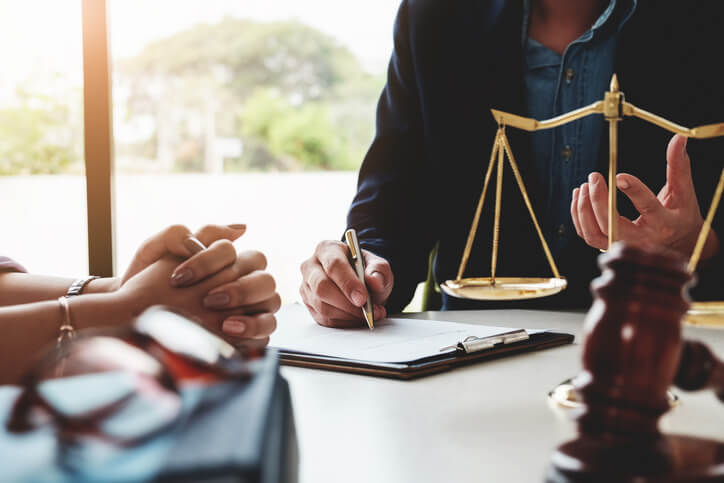Expert witnesses are used in all types of civil and criminal cases. From psychologists to forensic experts, the courtroom can turn into a stage for professionals during a domestic violence case. Get acquainted with the potential expert witnesses you might encounter and the roles they play in shaping the case’s outcome in this introduction to expert witnesses by an experienced Washington domestic violence defense attorney.
What Is an Expert Witness?
Expert witnesses have special training, education, skills, knowledge, and experience in specific areas. They educate the judge and jurors regarding issues related to a case that might be difficult for the average person to understand. They explain technical, scientific, and specialized information to help the court understand the evidence.
Expert witnesses can add credibility to a case because they provide information from a professional viewpoint, instead of someone with a vested interest in the trial’s outcome. For example, expert witnesses might explain how mistakes made in processing DNA evidence could have tainted the results or resulted in a false positive.
In addition to assisting in presenting evidence, an expert witness may help with the sentencing phase of a criminal case. For instance, the defendant might have a mental illness or other mitigating factor that could justify alternative sentencing options. An expert witness can explain how these factors impacted the defendant’s behavior. Sometimes, an expert witness could recommend rehabilitation or treatment instead of incarceration.
What Types of Expert Witnesses Are Used in Domestic Violence Cases?
There are many different types of expert witnesses. The facts and circumstances of the domestic violence case determine whether expert witnesses would be helpful for the defense. Examples of expert witnesses in domestic violence cases include, but are not limited to:
- Forensic experts examine the crime scene and evidence in the case. They review the evidence the prosecution has and the methods used for gathering and testing the evidence.
- Psychologists can testify to the defendant’s mental state after examining them and reviewing their medical history. In some cases, the defendant might have a mental disorder that could prevent them from understanding their actions.
- Experts in intimate partner violence can testify about the dynamics of an abusive relationship. They can help jurors and judges understand misconceptions and biases about domestic violence that could impact their perceptions of the evidence presented during the trial.
- Medical experts help the jurors and judges understand how physical injuries could occur and if there are alternative things that could have resulted in the victim’s injuries.
What is the Importance of an Expert Witness?
The prosecution and/or the defense may use expert witnesses to build their case. Whether expert witnesses could help your defense of domestic violence charges depends on your case.
Working with an experienced criminal defense attorney is strongly recommended. Your criminal history and the specific domestic violence charges against you determine the possible sentence you could receive for a conviction. Misdemeanor domestic violence charges could result in up to one year in jail and thousands of dollars in files. Felony domestic violence charges could result in years in prison.
Schedule a Free Consultation With Our Washington Criminal Defense Attorney
Domestic violence charges can have substantial collateral consequences for the alleged offender. Schedule a consult with Jennifer if you are accused of domestic violence. A strong defense is essential to protect your rights.


